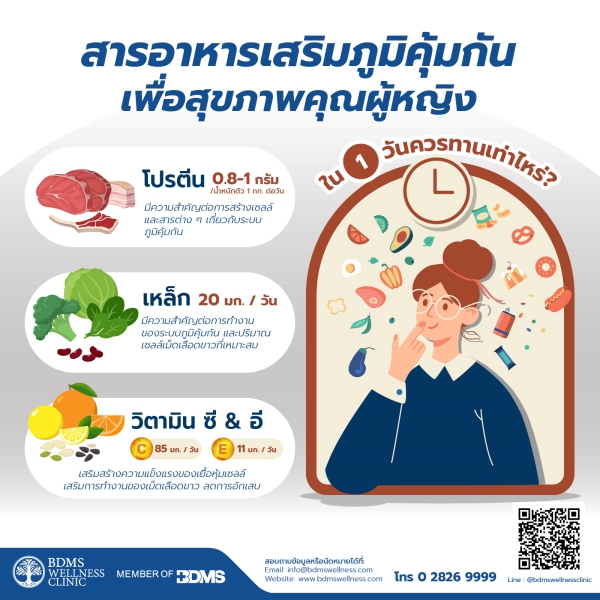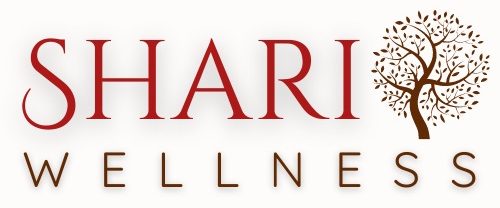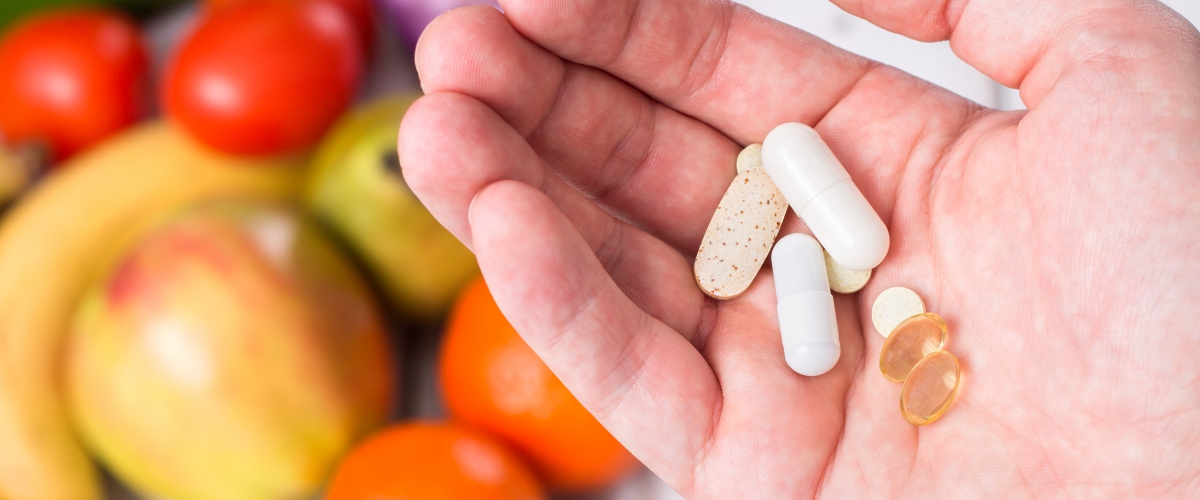
Immune boosting nutrients for women’s health care
Today, many women Work both indoors and outdoors Having multiple roles in life may cause no time to take care of their own health And the more you age, the various systems within the body will deteriorate over time. including reduced efficiency of the immune system As a result, taking care of protecting the body from pathogens, viruses and various foreign things is reduced accordingly.
One of the ways to take care of your health is eating healthy food There are important nutrients that play a role in promoting the normal functioning of the immune system by 4 important nutrients that women should eat are:

protein
The main nutrients needed by the body Is an important component in the creation of various cells, which if the body lacks protein. It affects cell division involved in the immune system. Including the creation of various enzymes and compounds that are essential in the structure of proteins contain a variety of amino acids. Some of them play an important role in the body’s immunity, for example:
- Arginine is an amino acid that the body can synthesize. But in some conditions the body may not be built enough to meet the needs. It is important for the function of white blood cells, lymphocytes, which are responsible for capturing foreign substances. And healing of scars, as well as stimulates the secretion of Growth Hormone, which is an important hormone associated with aging. decrease in growth hormone As a result, muscle mass decreases. Fat mass increases and the efficiency of skin cell renewal decreases.
- Glutamine (Glutamine) is an amino acid that is important for the process of creating antioxidants. It is necessary for the production of glutathione enzymes. (Glutathione) and plays a role in the development of gastrointestinal tract cells. which is an important bulwark of the immune system in the body
Women should get 0.8-1 g of protein per kg of body weight per day. If you are pregnant or breastfeeding, your protein needs will increase. Choose a good source of protein, such as whole grains, legumes, fish, tofu, and to get the full range of essential amino acids. Eat protein from a variety of sources.
iron
It is a mineral that is important for the functioning of the immune system. Women of childbearing age are at a higher risk of iron deficiency than men. Iron is found in most meat foods. Leafy greens and dried beans The Department of Health recommends a daily dosage requirement of 20 milligrams. in women aged 19-50 years and reduced to 10 mg per day when over 50 years old
Iron is stored in many parts of the body. Whether it is red blood cells, liver, muscles, bone marrow, including macrophage white blood cells, in which iron deficiency affects the macrophage’s ability to eat foreign matter.
In addition, iron deficiency affects the innate and adaptive immune systems, resulting in a decrease in the number of T-cell lymphocytes due to iron deficiency. shortcomings of the proliferation process Reduce the reaction of myelin peroxidase enzyme. (Myeloperoxidase: MPO) that plays an important role in destroying pathogens And iron deficiency also results in the weakening of natural killer cell function.
Although iron is important for the immune system. But iron supplementation in the form of dietary supplements. without consulting a doctor You may be at risk of getting too much iron. until side effects on the gastrointestinal tract or in the long term may accumulate in the internal organs until damage Consult your doctor before taking iron supplements.
Vitamin C and Vitamin E
It has an outstanding effect on the process of neutralizing free radicals (Free Radical) and is important for the balance of the immune system in many respects.
- builds epithelium strength The skin is the first layer of defense to protect the body from various pathogens. The concentration of vitamins in the epidermis There will be more than the dermis. Can help protect cells from being damaged by free radicals from the outside. Vitamin C is a cofactor of prolyl hydroxylase and lysyl hydroxylase that play an important role in the formation and maintenance of vitamin C. of collagen (Collagen) also promotes the development of keratinocyte cells (Keratinocyte) into skin cells and cause fibroblast cells to divide and move Helps to reduce the time of wound repair and recovery.
- Increase the ability to trap foreign objects. Vitamin C and vitamin E that are accumulated in neutrophil and monocyte white blood cells help prevent damage caused by oxidative burst when white blood cells attack. unknown As a result, the process of eliminating foreign matter occurs better. Reduce cell injury caused by this process. and allows the death of white blood cells after the capture of foreign matter occurs according to the normal mechanism (Apoptosis)
- Promote the function of lymphocyte white blood cells as well as neutrophil white blood cells Lymphocytes accumulate vitamins in their own cells. to promote cell proliferation (Proliferation) and the development of T-cell lymphocytes into a complete form. Vitamin C and Vitamin E Supplementation It has also been reported to be associated with an increase in the antibody level of immunoglobulins. (Immunoglobulin; Ig) types IgM, IgG, IgA that are important to protect the body from various pathogens.
- Reduce inflammation, vitamin C and vitamin E. It plays an important role in increasing IL-10 (Interleukin 10), an anti-inflammatory substance. and reduces inflammatory substances such as TNF-α and IL-6, etc. It reduces the level of histamine (histamine) that is produced in response to foreign substances. by increasing the circulation of histamine in the blood It helps reduce allergies such as tears, runny nose caused by histamine.
Vitamin C
It is a water soluble vitamin. Found in fruits and vegetables such as grapefruit, guava, papaya, gooseberry, kale, broccoli, as recommended by the Department of Health. Women need 85 mg of vitamin C per day. Pregnant women should get an additional 10 milligrams per day. Breastfeeding women should get an additional 60 milligrams of vitamin C per day.
However, research has found that 250 milligrams of vitamin C supplementation per day In people with vitamin C deficiency It enhances the efficiency of neutrophil white blood cell migration to the site of infection (neutrophil chemotaxis) and supplementation of 1 g/day of vitamin C with vitamin E in elderly women. Improves the performance of neutrophil white blood cells. There is also a research report that Vitamin C supplementation 125-1,000 milligrams per day. Reduces the level of histamine in allergic patients. and vitamin C supplementation from 200 milligrams or more Contributes to the reduction of severe duration and incidence rate of colds
vitamin E
It is a fat-soluble vitamin. Found in various oily foods such as rice bran oil, soybean oil Including various seeds. The Department of Health recommends the daily vitamin E requirement for women at 11 milligrams.
In addition to taking care of nutrition. exercise quality sleep and stress management All affect the immune system. Therefore, every woman should turn to holistic health care. to keep the functioning of the immune system strong Have good health and longevity with quality
Best wishes from BDMS Wellness Clinic
LINE: @bdmswellnessclinic or https://lin.ee/Z4So1yQ
Thank you information from
- Carr A, Maggini S. Vitamin C and Immune Function. Nutrients. 2017;9(11):1211.
- Weber P, Birringer M, Blumberg J, Eggersdorfer M, Frank J. Vitamin E in human health. 2019.
- Cherayil B. Iron and Immunity: Immunological Consequences of Iron Deficiency and Overload. Archivum Immunologiae et Therapiae Experimentalis. 2010;58(6):407-415.
- Karacabey K. The Effect of Nutritional Elements on the Immune System. Journal of Obesity & Weight Loss Therapy. 2012;02(09).
- Coad J, Conlon C. Iron deficiency in women. Current Opinion in Clinical Nutrition and Metabolic Care. 2011;14(6):625-634.
- Shervington, A., & Al-Tayyem, R. (2001). Arginine. Profiles of Drug Substances, Excipients and Related Methodology, 27, 1-32.
- Nutrition Division, Department of Health, Ministry of Public Health. (2020). Reference amount of nutrients that should be received daily for Thai people, 2020.



Leave a Reply
You must be logged in to post a comment.